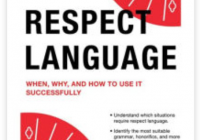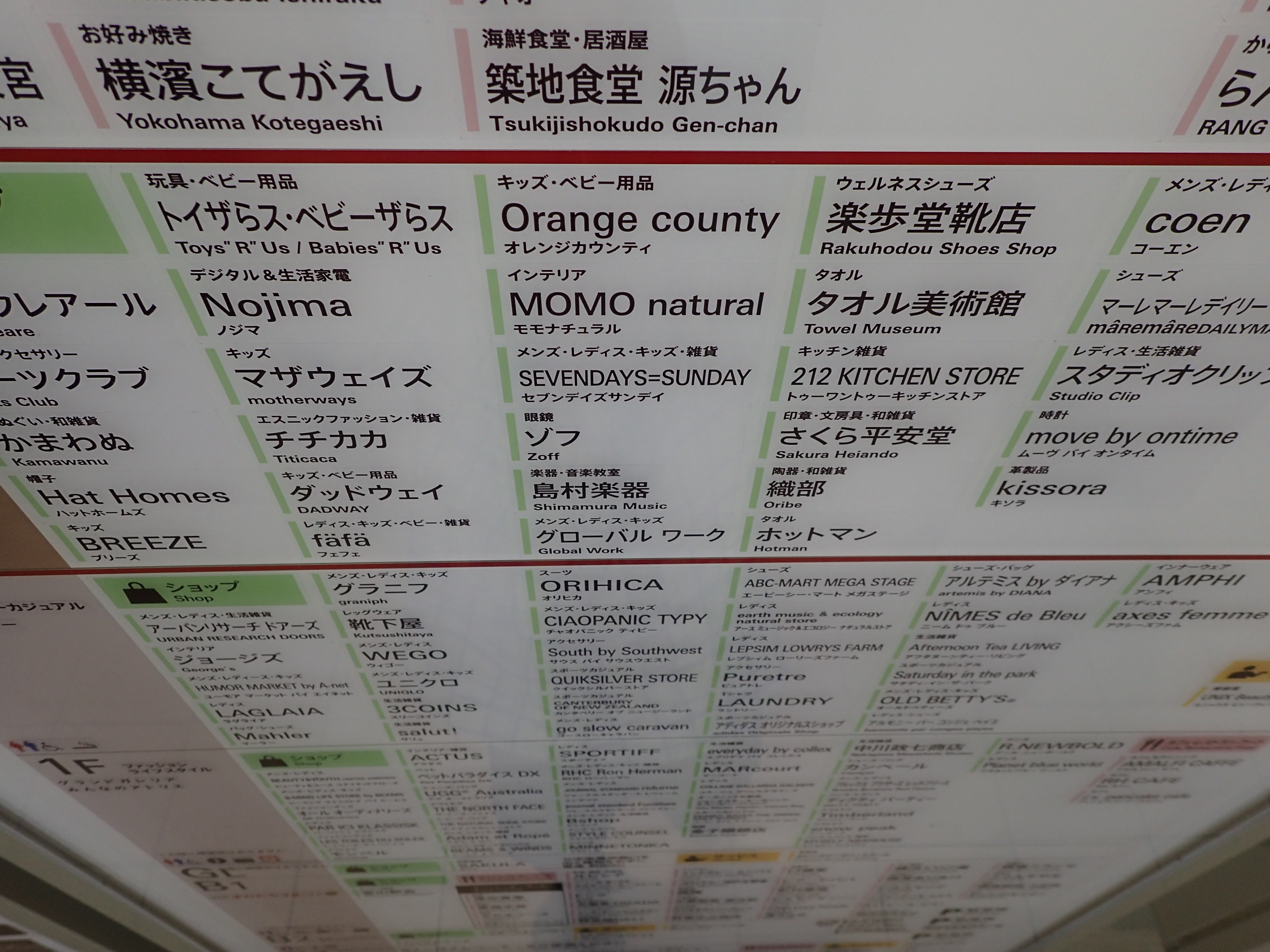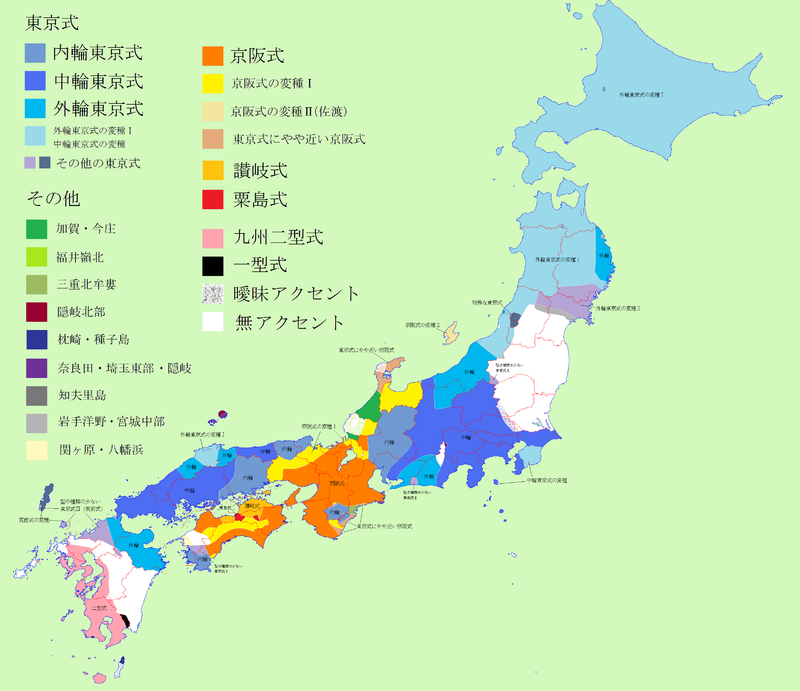Book review: “Japanese Respect Language” by P.G. O’Neill
I picked P.G.Oneill’s “Japanese Respect Language” because I hadn’t seen too many Japanese textbooks focused exclusively on respectful language, which is arguably one of the most difficult aspects of Japanese to master. At the time when I decided to get it I remember thinking the term “respect language” had an unfamiliar ring to it, having usually… Read More »


